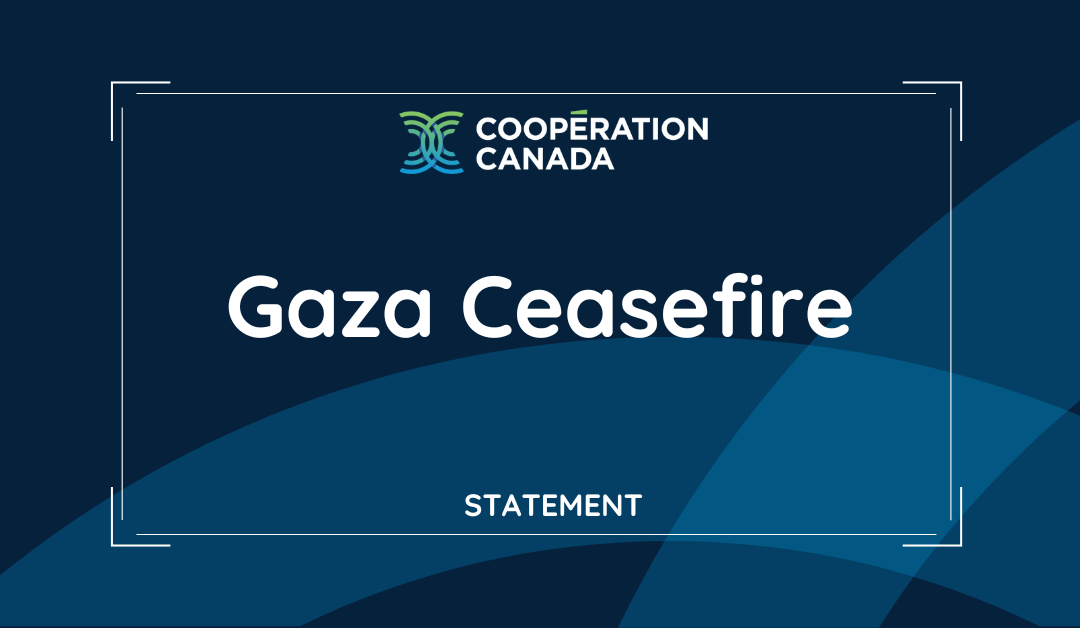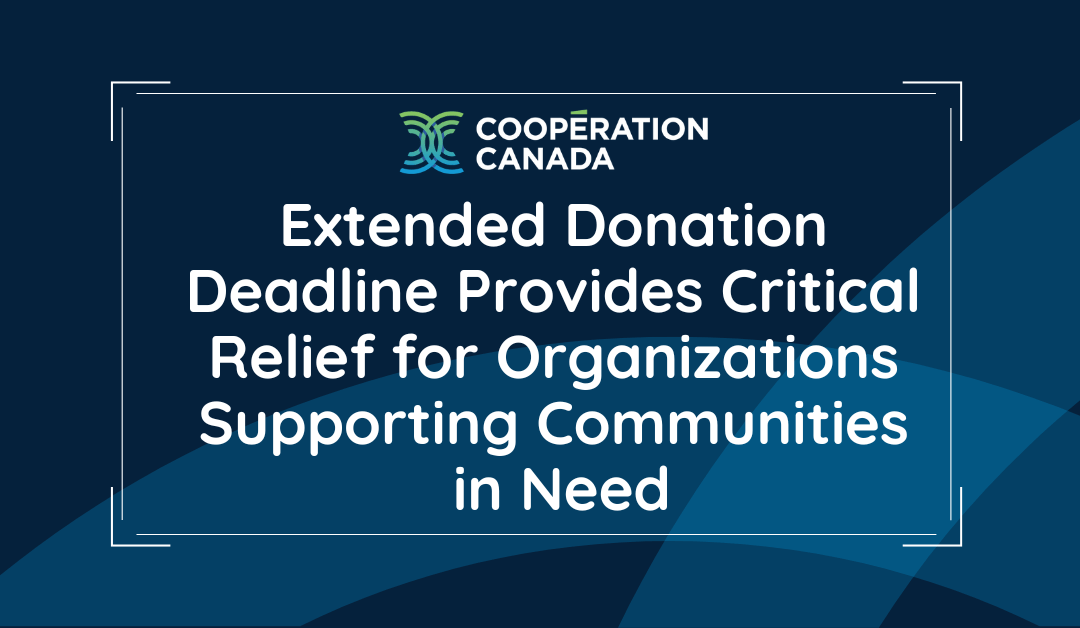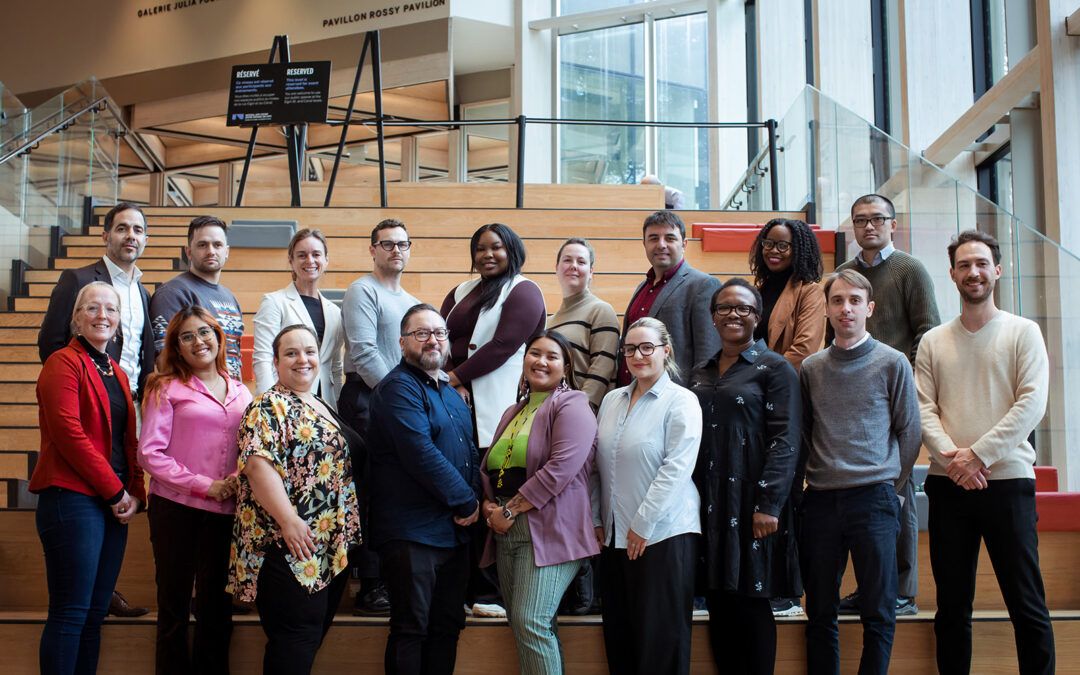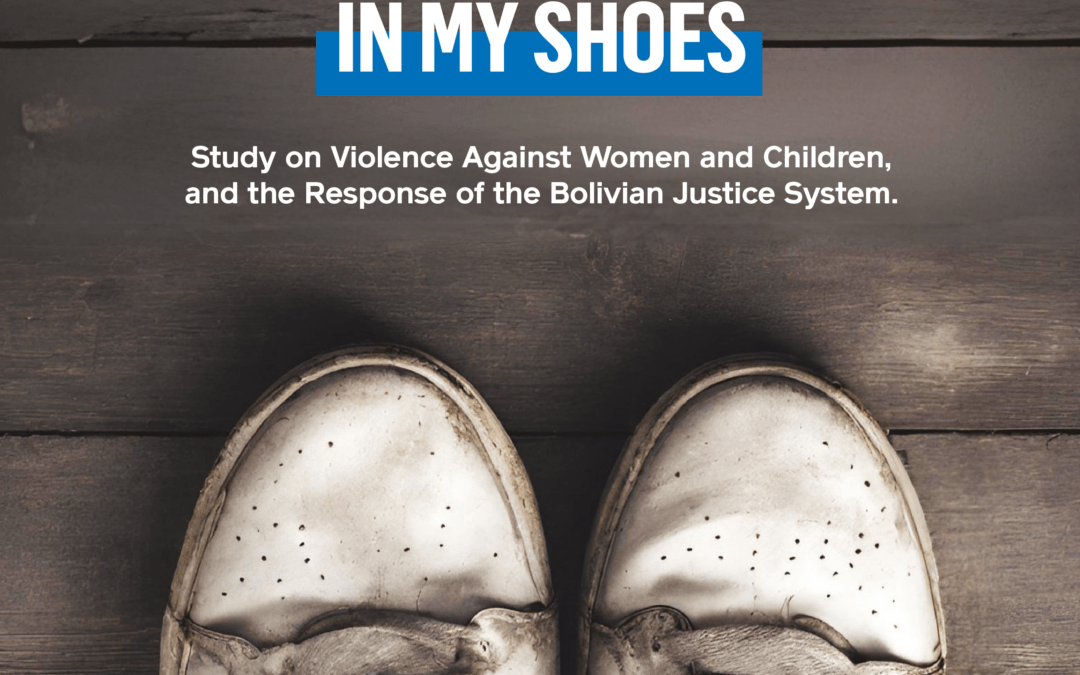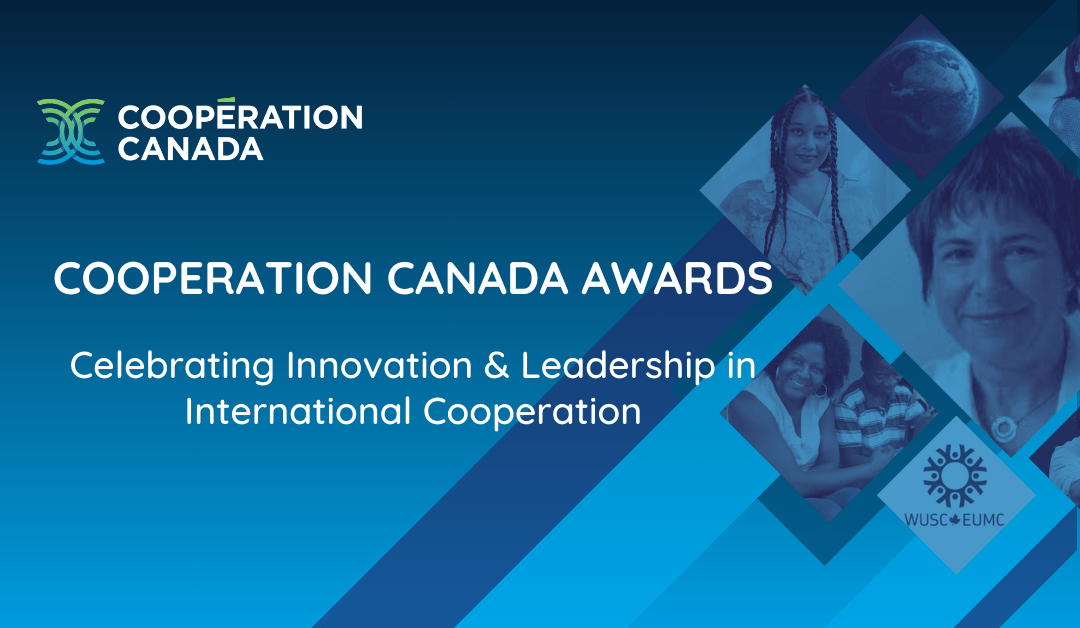Preparations for the 4th International Conference on Financing for Development (FfD4), to be held in Spain in June/July 2025, are in full swing. UN member states, academia, civil society, private sector and others convened in New York from 2-6 December 2024 for the second Preparatory Committee session for conference. It was a key milestone in putting forward the elements which will feed into the agreements to be made in Spain. As a forum which convenes roughly once per decade, FfD4 will be instrumental in charting a way forward towards financing sustainable development and more balanced global economic governance.
Cooperation Canada participated in those sessions, in collaboration with the global Civil Society Financing for Development Mechanism, seeking to draw connections between FfD4 processes and the work we are leading on economic justice, including through leadership of the Civil7. Ultimately, the goals of these processes converge, aiming to address the fundamental global challenges which constrain fiscal space for countries in driving their own development. In leading the Civil7, we will work to present the Government of Canada as G7 President, and the G7 as a whole, actionable policy proposals, where the G7 could demonstrate leadership in correcting some of these global economic imbalances.
What is Canada’s role?
While participants converged on some of the key challenges faced globally in achieving sustainable development, continued advocacy will be needed on a number of issues, including ensuring that FfD4 remains focussed on international cooperation, and that it not be consumed only by discussions on the mobilization of domestic resources. On debt, there is a need to work towards an FfD4 which delivers on genuine debt relief, as the elements paper currently falls short on proposing the required institutional change. On gender equality, the agenda in Spain must address inequalities and adopt a gender-transformative financing agenda. Here, we welcome Ambassador Bob Rae’s intervention (Canada’s Ambassador to the United Nations), which called for stronger gender balance in the FfD agenda.
At the same time, Canada currently leads the United Nations Economic and Social Council, or ECOSOC, in addition to its leadership roles in the SDG Leaders Stimulus Group as well as on the Preparatory Committee of FfD4. Along with the G7, these roles converge and present excellent opportunities for Canada to step up as a global player for more balanced international cooperation. With fires burning in all regions of the world, Canada must play an important role as a convener and leader in advancing cooperation. Ambassador Rae, who is the President of ECOSOC, is a seasoned and respected diplomat and politician. He has a unique opportunity to lead with ambition and bold vision, freed from the dynamics of short-term politics.
The priorities he has set for Canada’s leadership, including the crisis of displacement, AI, and financing for development, are indeed relevant and require a relentless pursuit of stronger action and leadership. On the latter, ECOSOC’s work informs FfD4, and in progressing towards this conference, all levers of influence must be engaged to set forward a genuine transformation which redresses decades, if not centuries, of global economic injustice.
What levers can generate fiscal space?
The solutions are well researched and have increasingly entered into international cooperation semantics, including during the FfD4 Preparatory Committee. It is through international cooperation and with genuine political leadership that systems can be put into place to tackle these issues.
- Nations crippled by debt cannot own or let alone invest in their own development if the bulk of their revenue is geared towards servicing exorbitant interest rates.
- Lack of international cooperation on taxation and illicit financial flows are robbing lower income countries (and others) of billions in revenue that could otherwise be used to strengthen capacities and invest in sustainable development.
- Multilateral development banks and other public banks must be genuinely reformed to create an environment where lower income countries can readily access financing under reasonable conditions. The COVID crisis clearly exposed how higher income countries could rapidly put in place systems to support their citizens, whereas lower income countries struggled to access financing to keep their most basic social services afloat.
- Predatory commercial and international trade practices further entrench the status quo, providing built-in systems which fix trade in favor of higher income countries. Those countries generally face much lower tariffs when exporting their products, providing them with increased access to markets, as compared to lower income countries who face much higher trade barriers.
To put it simply, the global economy is rigged in a manner which favors high-income countries and those holding the levers of power.
And what of ODA?
Meanwhile, those same larger economies, like Canada, engage in providing official development assistance (ODA) to lower income countries. Alongside other important financing flows, including larger flows such as remittances, ODA continues to be a critical mechanism of support to lower- and middle-income countries on sustainable development and humanitarian action.
But EURODAD shows that, “ODA from over half of the OECD Development Assistance Committee (DAC) members dropped in 2023, including some of the largest donors such as Germany and France”. Likewise, as per AidWatch Canada, Canada has recently decreased its ODA following consistent and significant increases since 2015. The budgeted International Assistance Envelope for 2023/24 is 15% lower than that of 2022/23, and there was no projection for 2024/25.
In a world of increasing conflict and displacement, and ballooning humanitarian needs, ODA must also increase, and be done in manners which shift power to those in charge of their countries and communities. However, coming out of the recently held COP29, which was a major blow to climate finance, and with recent further cuts to ODA being made by a number of countries, it is clear that the appetite for grant financing is limited.
What’s next?
A new paradigm is needed to level the playing field and allow all countries to drive their own development, freed from persistent unbalanced economic and financial structures and practices.
Global reforms to debt, trade, taxation, and access to finance are instrumental in recasting dialogue on international development, from one of filling gaps and seeking grants, to one where all nations are empowered by a fair international architecture which does not constrain, but frees fiscal space.
Canada is now in the international spotlight. Through the G7, ECOSOC, SDG Leaders Stimulus Group, and FfD4, it is the moment to set a bold agenda. This means:
- Engaging civil society in devising the solutions which put people ahead of profit,
- Taking action on injustices that continue to exacerbate inequalities, and
- Ensuring that AI and new technologies do not serve to further entrench a rigged economy.
Canada has a unique opportunity to demonstrate that it is not a mere participant on the global stage, but a guiding force for global progress, justice, and equity.
